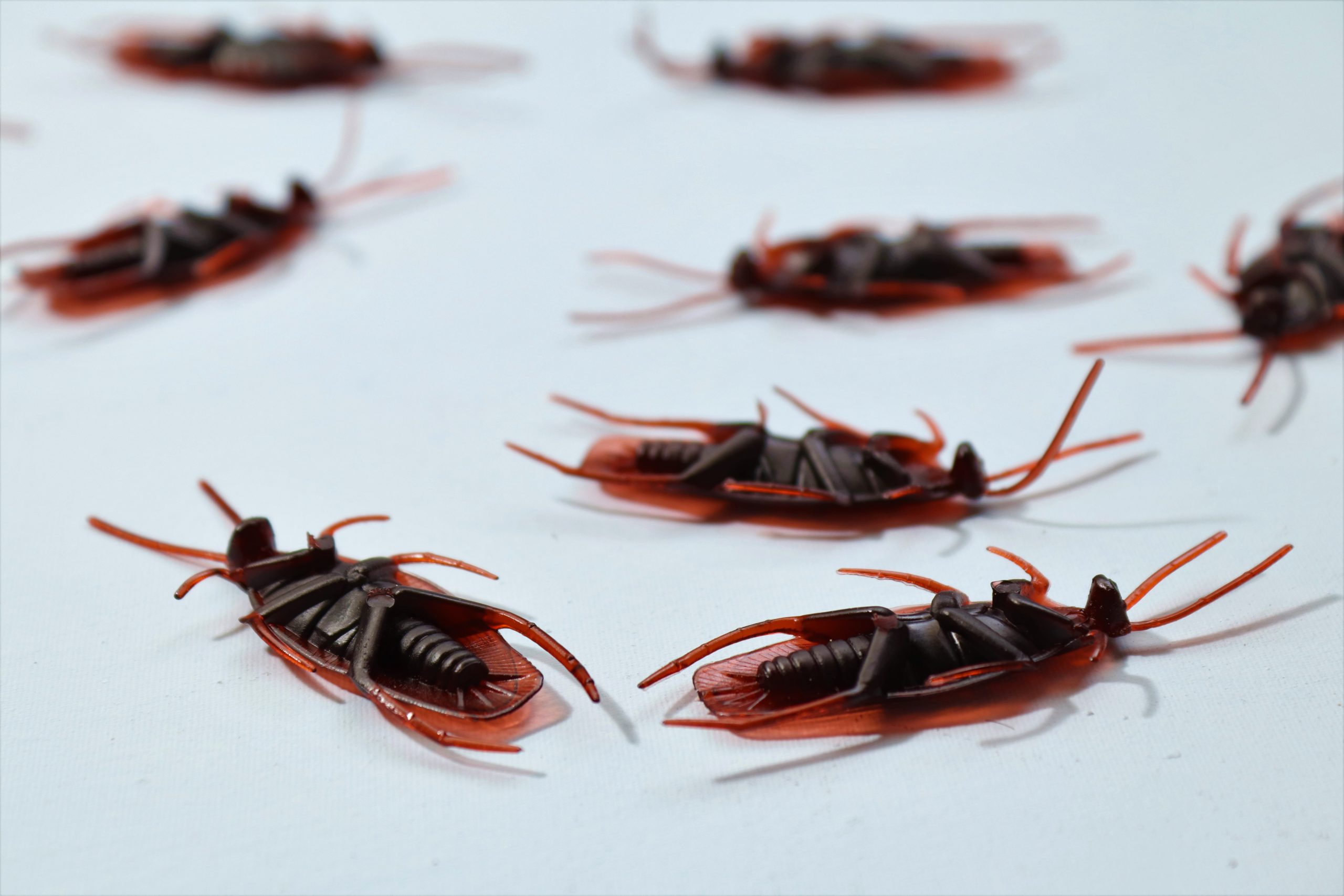Pests showing up in rental units is a problem. But, while pests are a big problem, the conflicts between tenant and landlord and who’s responsible for the situation can be even more significant.
The question many have is, “Are Landlords Responsible for Pest Control?” It’s important to note that before landlords and tenants get into disputes about it, they should try to remedy the situation first and foremost for health and safety reasons then worry about the financial aspect.
Keep reading to learn more about apartment pest control.
Can a Lease State Who Is Responsible for Pest Control?
In general, a landlord is responsible for pest control. However, if a tenant’s behaviors lead to any infestation, the tenant can be held accountable for fixing the problem. Of course, a landlord must prove that the tenant caused the infestation.
A lease should address the apartment unit’s condition as good and state the landlord’s responsibility for pest control unless the landlord can prove that the tenant’s behavior caused the problem.
As in any business transaction, which renting is, it’s essential that the landlord and tenant document any unhealthy living conditions that arise due to pests. Pests to consider include bed bugs, rodents, and insects.
With documentation, there can be evidence, which can lead to a better understanding of who is responsible and a remedy for all parties involved.
What Is the Best Way for a Landlord To Address Pest Concerns?
Addressing pest issues is part of a landlord’s “day in the life,” and these issues must be taken seriously and mitigated immediately. However, if a landlord lets the problem linger due to avoidance or financial responsibility questions, the situation can escalate and lead to even more issues, including fines and tenant turnover.
Here is an excellent process for landlords to address pet issues:
- Looking into the complaint or pest issue right away is the most important and best way to remedy a pest control problem. Be responsive to your tenant’s complaint, show that you care, and work to settle the situation. As a result, your tenant will be happy and more apt to renew their lease.
- Get to the proper remedy right away if a tenant complains about a bug, rodent, or insect. As the adage goes, “where there’s one, there’s more.” So stop the problem at its onset, so it doesn’t become a bigger problem. The health and safety of your tenants are number one. If they’re safe, they’re more likely to renew their lease and speak well of your property to others.
- Identify the type of pest(s) you have and how they’re getting into residences. If you can determine this yourself, excellent! However, pest control is not a situation for the DIY landlord if you have no experience, understanding, or expertise in the field. If you don’t, be honest and call a professional right away.
- Let all your tenants know the situation and that you are on top of it. Work to get ahead of any gossip. If your tenants know that there is a pest problem, that you know about it, and that you’re already in action to relieve the problem, they are more likely than not to stay calm, be appreciative, and help you by not spreading rumors.
- Exterminate. There are many options for getting rid of pests. Some are simple fixes like glue traps, but some are more severe, like bombing, that require more inconvenience for your tenants because they’ll have to leave the property.
There are DIY methods, but you may want to consider a professional exterminator if you are unsure how to do it because you lack experience. For example, do you know what product(s) to use and where to spray? What costs more, the exterminator or the costs of not solving the problem quickly? Whether to use a DIY method or hire a professional is for you to judge.
How Is a Tenant Responsible for Pest Control?
A tenant is responsible for not bringing in pests through living behavior and immediately reporting any problems they see.
Residents can pay attention to the following to help keep pests away:
- Keep the apartment clean
- Don’t leave food and food waste lying around
- Report leaks in dripping faucets or leaky seals around windows and doors
As far as payment for any pest control, check the lease to determine if the landlord is responsible for pest control. Most certainly, if the tenant caused the problem through their behavior or didn’t report the problem immediately when discovered, they could be liable for the cost.
What if it’s the Landlord’s Responsibility and They Don’t Fix the Problem?
There are remedies for the tenant to try should they have a pest control conflict with their landlord:
- If the lease signed is on the tenant’s side regarding pest control, maybe it’s time to get out of it. On the other hand, if the landlord hasn’t lived up to their responsibilities, the tenant may get out without legal or financial consequences.
- Withholding rent could be a legal strategy if the landlord has been negligent or abusive.
- Bringing a lawsuit is a last resort. Cases can be expensive and take a lot of time. However, it is worth considering and contacting an attorney if the pest problem has affected more than one tenant, i.e., other tenants in a larger rental complex.
How Is Apartment Pest Control Addressed on a National Level?
Each state has its regulations about what is considered “acceptable” living conditions in rentals and what a landlord is responsible for when pest problems arise.
If a landlord fails to address the problem, tenants have options to take care of the pests themselves. For example, in some states, a tenant can take care of the pests themselves or hire a professional and deduct the costs from their rent.
There isn’t a one-size-fits-all, so be sure to know the laws and regulations in your state.
A Final Thought
The most important thing to remember about apartment pest control is to TAKE CARE OF THE PEST PROBLEM IMMEDIATELY and then determine where the financial obligation lies.
If you’re a landlord or a tenant, there is accountability for both to behave with honesty and dignity. For landlords, if the lease specifies the tenants or landlords responsible for pest control, take care of it.
Landlords and tenants need each other.
*NOTE – Payrent isn’t giving legal advice. Check the regulations or laws of the state you live in, or contact an attorney for professional guidance.










